Screen Time
Adventures of a Sick Doctor
FEBRUARY 4, 2022
For a start, my cancer is colorectal not cervical, and besides it is unrelated to screening as I was diagnosed at an age that is outside of the screening parameters. Why would someone who feels perfectly well subject themselves to a medical test? I just had “unlucky” cancer, not “preventable” cancer.


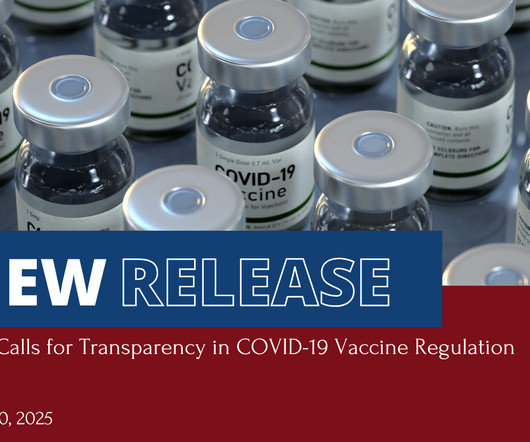

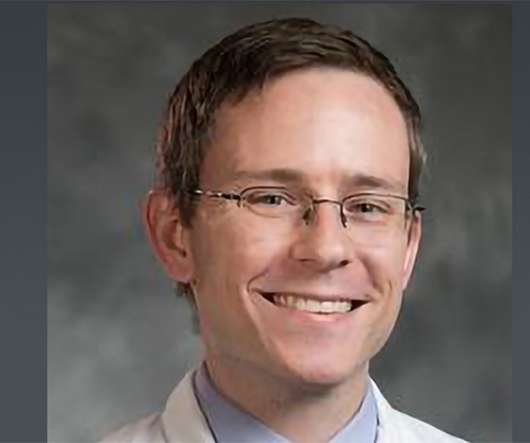
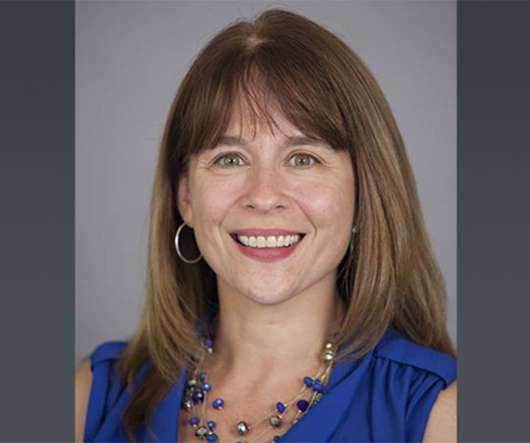

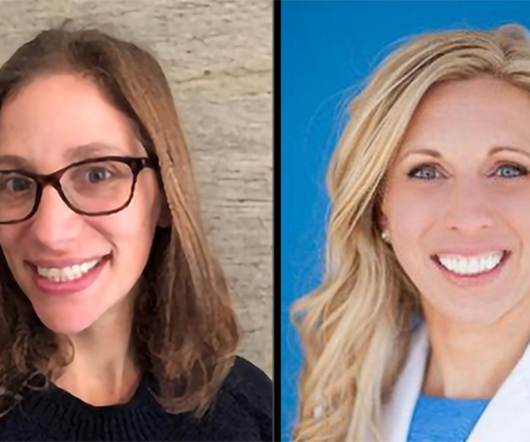

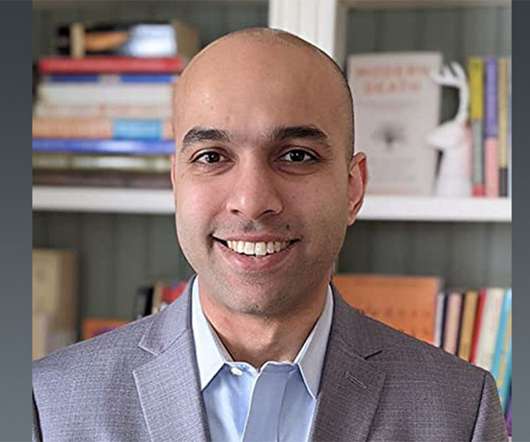






Let's personalize your content